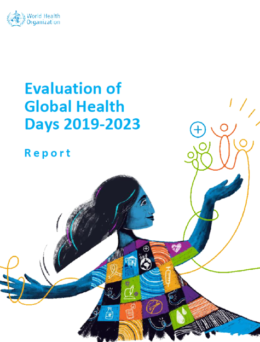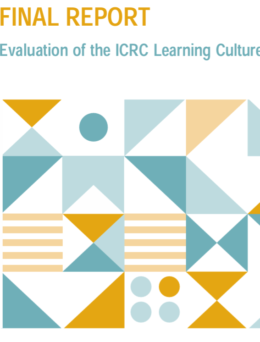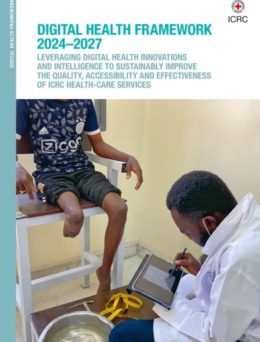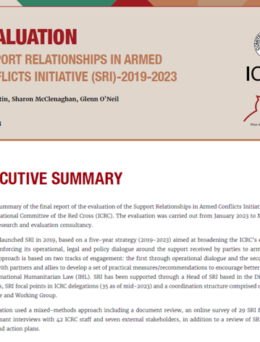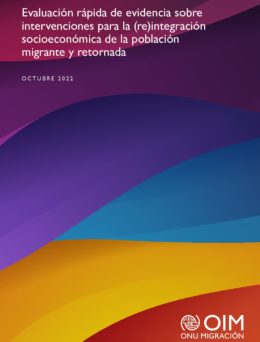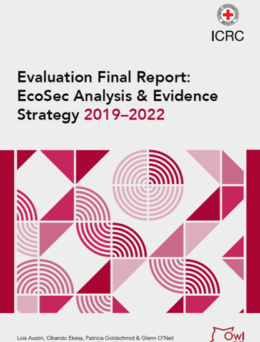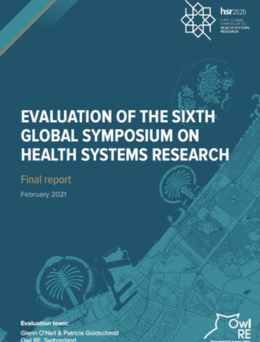Evaluation of Global Health Days 2019-2023
Owl RE carried out this global evaluation for WHO on their Global Health Days; using mixed-methods, data collection included a review of campaign evaluation dashboards, a resource analysis, key informant interviews and focus group discussions, an online survey, and case studies of two Days, – World Blood Donor Day and World No Tobacco Day – and one Week, – World Immunization Week.
This evaluation served both accountability and learning purposes, supporting WHO’s responsibility to stakeholders, including Member States, the Executive Board and participants in WHO-led global health campaigns. Recommendations focused on sustainable improvements in coordination, measurement, and learning.
Download file
